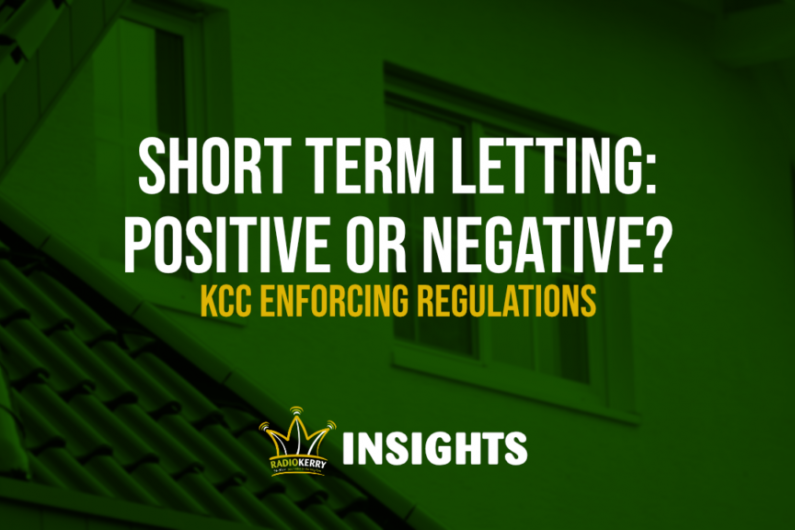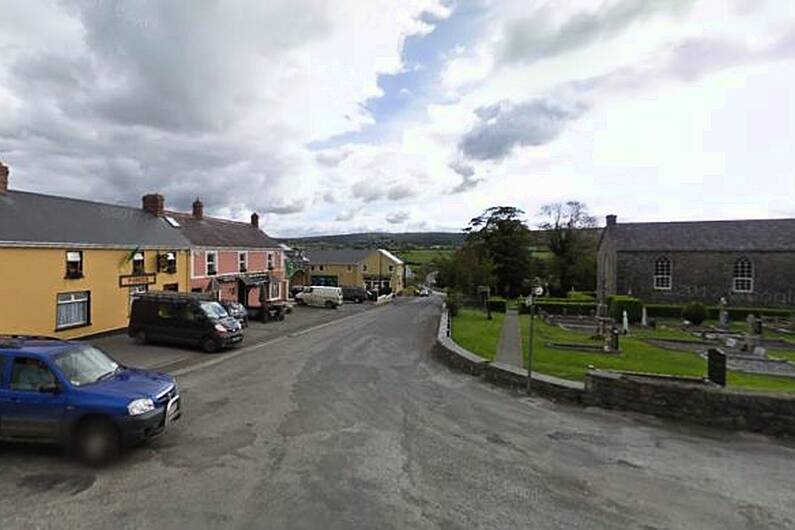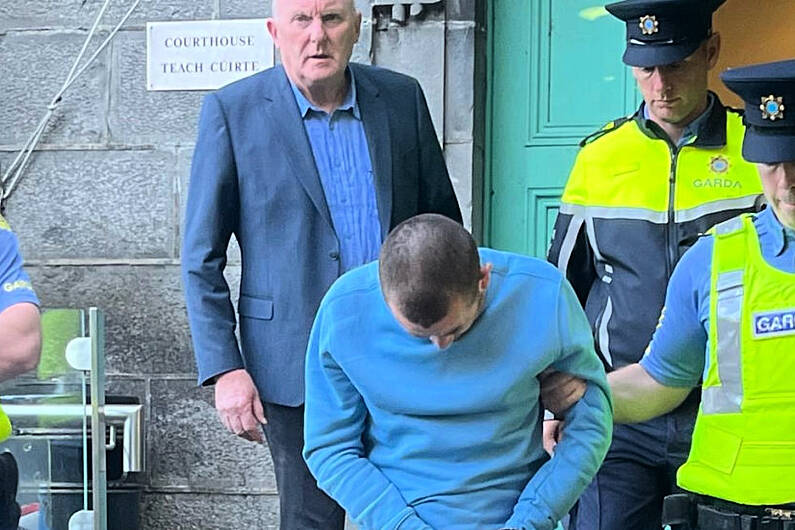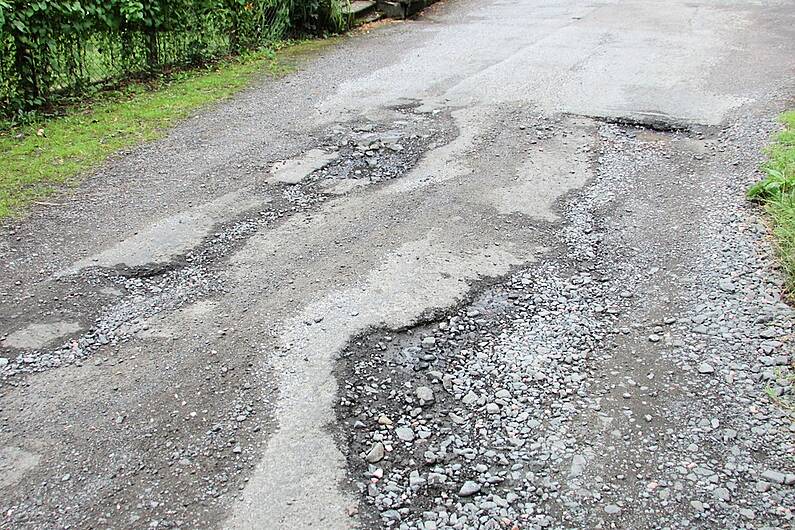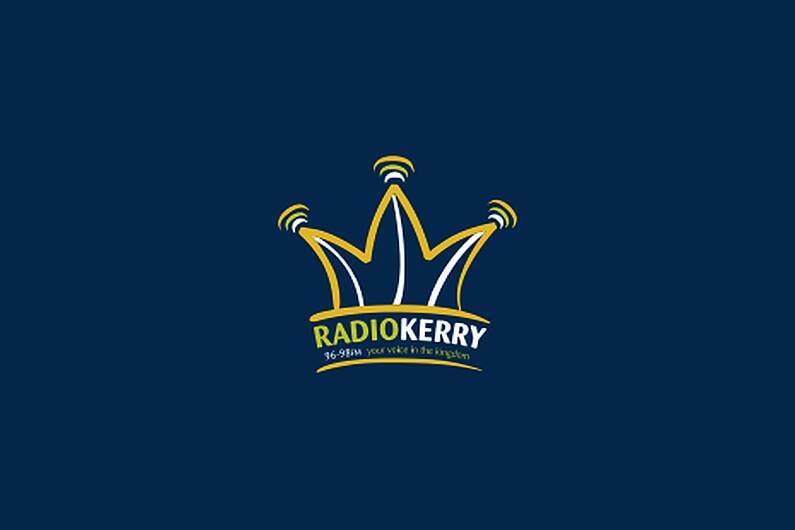Kerry County Council issued 45 warning letters in relation to homeowners using properties for short-term letting. This comes at a time when rent increases in the county have hit an all-time high, along with claims there are 20 short-term lets available in Killarney for every one property available to rent long-term. How did these figures come to light?
A number of weeks ago, the Business Post tracked the number of listings on property website Daft.ie and short-term letting platforms in Killarney, finding that for one long-term rental, there were 20 short-term rentals available. This brought into focus the balance that’s needed between short-term letting for visitors to the county and the longer-term accommodation needs of those who live, or want to live, in Kerry.
I asked Kerry County Council a few questions about its regulation of the short-term rental market and what enforcement orders, if any, it has issued: Does KCC have a dedicated enforcement officer who investigates potential breaches of planning permission when it's claimed a homeowner rents accommodation on a short-term basis? Has KCC issued any enforcement orders to homeowners in relation to suspected breaches of planning permission by allowing properties to be advertised on Airbnb/other short-term rental sites?
What did the council come back with?
The council says the letting of a property on a short-term basis, regardless of where it is in the county, is a material change of use of the property and requires planning permission. The council says its initial focus on the implementation and enforcement of short-term letting provisions is on the Killarney LEA but this will be broadened over time. Before I go any further, there are some exemptions to this requirement of getting planning permission for a change of use.
Home-sharing - the letting of a room or rooms in a person’s principal private residence on full time basis - will continue to be permissible on an unrestricted basis and be exempted from the new planning requirements.
Short-term letting is the letting of a house or apartment, or part of them, for any period not exceeding 14 days.
Home sharers will be allowed to sub-let their entire principle private residence on a short-term basis for a cumulative period of 90 days where they are temporarily absent from their home (where the 90-day limit is exceeded, change of use planning permission will be required). If you home share your principal private residence in a rent pressure zone and wish to avail of the new planning exemptions, you will need to register this with the council.
However, where a person owns a property in a rent pressure zone which is not their principal private residence and intends to let it for short-term letting purposes, they will be required to apply for a change of use planning permission. This is unless the property already has a specific planning permission to be used for tourism or short-term letting purposes. Also, just to add, any owner-occupied B&Bs operating within the Killarney Rent Pressure Zone which do not have the required planning permission are subject to the registration process.
A frequent defence of Airbnb and other short-term accommodation is a claim these services result in positive economic effects. However, you’ve found some studies which contradict this?
In this case, I’m going to say Airbnb, but this applies to any form of short-term accommodation, outside of the traditional hotels, guesthouses and registered B&Bs. I’m using Airbnb as it has accommodation in over 500 Irish cities, towns and villages.
In 2019, the Economic Policy Institute did a study on the economic costs and benefits of Airbnb. The Economic Policy Institute is like our ESRI. It’s an independent think tank. The study used American towns and cities, but I feel they’re still relevant to Irish towns and cities, especially in a tourism-dependent county like Kerry.
The perception that Airbnb tries to foster is that its hosts are relatively typical households looking to earn extra income by renting out rooms in their homes or by renting out their entire residence when they’re away. Critics argue that Airbnb bookings have become increasingly concentrated among a relatively small number of hosts, that are essentially miniature hotel companies.
The benefits of Airbnb and other short-term accommodations are relatively well known: it’s claimed the services bring more money into an economy, benefitting local restaurants and shops, and it lowers the cost of accommodation. What does the study say about these benefits?
Starting with the most obvious: the increase in visitors. The study says there is evidence that Airbnb increases the supply of short-term travel accommodations and slightly lowers prices, but there is little evidence that the high price of travel accommodations is a pressing economic problem for most visitors. Rising housing costs and rents are a problem, and the study says evidence suggests that the presence of Airbnb raises these costs. It’s quite simple: more properties taken up by short-term rentals leads to fewer being available for long-term rent… fewer long-term properties will lead to price increases. You might have more people in the area, but it’s likely to have a negative impact on the locals trying to pay rent and live there. The study says the introduction and expansion of Airbnb in New York has led to average rents increasing by ($400) €340 in one year.
But what about the increased number of people staying in a village or town or county? Surely more people will end up spending more money?
The study claims the potential benefit of increased tourism supporting economies is much smaller than commonly advertised. There is little evidence that cities with an increasing supply of short-term Airbnb rental accommodations are seeing a large increase in visitors. Instead, accommodations supplied via Airbnb seem to be a nearly pure substitution for other forms of accommodation. Two surveys indicate that only 2-4 percent of those using Airbnb say that they would not have taken the trip were Airbnb rentals unavailable.
That is, the argument that Airbnb brings more people fails to account for the fact that much of this spending would have been done anyway by travelers staying in hotels or other accommodations, had Airbnb not existed. As the study authors say: it should be stressed that the potential benefit of Airbnb introduction and expansion is overwhelmingly a redistribution of welfare, not an increase in economywide welfare.
Some restaurant or accommodation owners might argue that they can support more jobs because more people are staying in Airbnb accommodations in the county. What does the study say about the effect on jobs?
It is possible that local Airbnb might support more local spending. For example, you could argue that income to Airbnb hosts is more likely to be spent locally than money paid to large hotel chains. However, the reverse is also true—for example, Airbnb rentals are far more likely to come equipped with a kitchen, and so Airbnb lodgers might be more likely to eat in rather than go to restaurants. Also, there can be a negative effect on employment. Hotels and traditional accommodations are typically more labour-intensive than Airbnb accommodations. The study argues that Airbnb hosts employ fewer people to provide cleaning and concierge and security services than hotels. A particular case study in this report took a hypothetical scenario: In this case, if even half of the overall spending supposedly supported by Airbnb is taken away from traditional hotels, and if traditional hotels are even 5 to 10 percent more labour-intensive than Airbnb units, then introducing Airbnb would actually have a negative effect on employment.
The study which you’re highlighting also says that short-term accommodation has a negative impact through reduced tax collections increased social disturbances, such as noise pollution. The council is responsible for enforcing legislation around short-term lets. What is it currently doing?
The council says all active platforms are being looked at to find where properties are available for short-term letting in the county. So far, 45 warning letters have been issued in relation to the use of properties for short-term letting purposes. It has to be said that some hotels and B&Bs use Airbnb. This morning, I checked Airbnb for short-term rentals and Daft.ie for long-term rentals. There were 11 places to rent long-term in Killarney. There were 52 across the entire county. In comparison, in Killarney alone, there were 211 places to stay for a weekend in September in the on Airbnb.
For more information, Google The Airbnb Effect or this study.
Eamonn Hickson - September 2021
